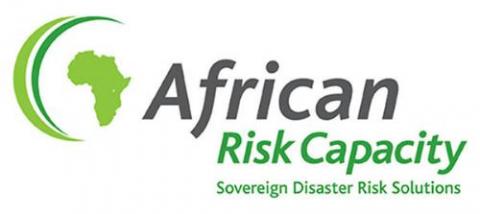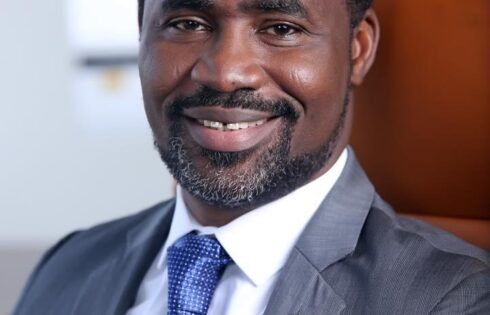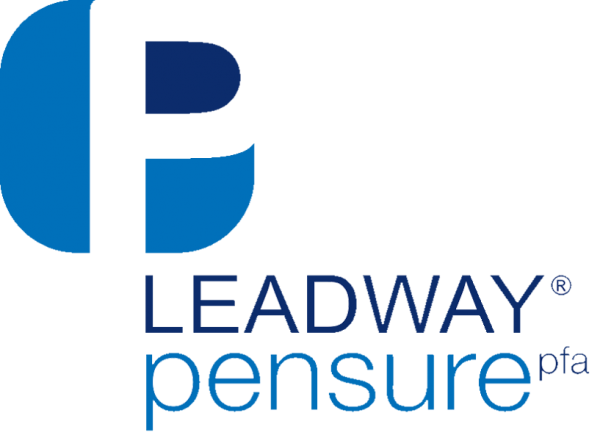I am indeed overwhelmed with joy and full of appreciation, first to the Almighty God that the Nigerian Council of Registered Insurance Brokers (NCRIB) which started out as The Nigerian Corporation of Insurance Brokers (NCIB) in 1962 is 60 years old this year. In spite of the teething challenges at inception, the Council has risen to the position of prominence amongst its peers nation-wide, producing 21 Presidents and about 500 Registered Members spread across the nooks and crannies of the country. For the benefit of our guests and friends who may not be too familiar with the history of the Council, the history of insurance broking business cannot be divorced from the inextricable historical relationship that existed between Nigeria and Britain. Since West Africa constituted one of the destination points for the
British colonial authorities whose motives were purely trading and profiteering, ab initio, insurance came as a bye-product of the British mercantile adventure. Insurance broking in Nigeria dates back to 1953, marking the first time that an independent agent in the name of Edward W. Turner & Co. came to Nigeria. After series of events and importation of foreign insurance Broking firms in Nigeria, it is worthy of note that T. A Braithwaite & Co. became the first indigenous insurance broking firm with its establishment in 1958. This later opened doors for other professionals and insurance broking firms to take advantage of the fledging insurance opportunities in the economy. Notable among those who came into existence at that time were Thomas Insurance Brokers established by Mr. J.A Thomas; J. Akin George & Co Limited by Chief John Akinwumi-George and African Underwriters Limited set up by Chief Sunny Odogwu. The growing need for professional and business collaboration amongst them led to the formation of Nigerian Corporation of Insurance Brokers in 1962, which today is known as the Nigerian Council of Registered Insurance Brokers.
Distinguished ladies and gentlemen, it is not my intention to bore you with a long speech, because we are here today to unveil the Anniversary Mascot and Logo (OKIN) heralding the celebration of the 60th Anniversary of our great Council, with series of activities and events across the year. Permit me to hint you that part of the activities lined up to celebrate this landmark event include:
• INSURANCE WALK TO PROMOTE INSURANCE AWARENESS AND DEEPEN PENETRATION ACROSS THE COUNTRY
• INSTITUTION OF AWARDS IN SCHOOLS TO CATCH THE FUTURE PROVIDERS AND CONSUMERS OF INSURANCE
• INSURANCE OPEN DAY FOR SELECTED SECONDARY SCHOOLS
• CORPORATE SOCIAL RESPONSIBILITY
• SPORTS COMPETITION THAT WOULD FOCUS MORE ON TABLE TENNIS, LAWN TENNIS AND OTHER SPORTING ACTIVITIES. •PRESENTATION AND LAUNCHING OF HISTORICAL AND MEMBERSHIP COMPENDIUM. •ANNIVERSARY LECTURE AND EXHIBITION. •ANNIVERSARY GRAND BALL.
Kindly permit me to express my deep appreciation to all our guests here today, particularly, the Doyen of Insurance in Nigeria, Olola Olabode Ogunlana, OFR. As one of the forebears of the Insurance profession in Nigeria, Olola Ogunlana has continued to be a beacon of hope for the upcoming professionals and has been a blessing to the industry and the Nigerian nation having put in 70 years of great and unblemished service into the insurance industry and contributing immensely in the area of education.
To the Commissioner for Insurance, Mr. O. S Thomas, who is here with us today, our appreciation to you knows no bound for all your efforts in growing the insurance industry through progressive legislation and dynamic supervision. I will not fail to mention all other representatives of professional bodies, here present, we thank you immensely and wish to assure you that this has further signaled the beginning of a much more fruitful relationship between our Council and your respected institutions.
I cannot end without paying my respect to all the Past Presidents of our Council, both living and resting. You are the major reason for our celebration. Thank you for the solid foundation that you laid for our Council.
To my distinguished colleagues in the insurance broking sub-sector, thank you and may we continue to make the NCRIB and the entire insurance industry great.
To all staff of the NCRIB ably led by the Executive Secretary, I appreciate you all.
To the distinguished Members of the Press, I cannot appreciate you enough. It is our hope that you shall continue to honour our invitation and support our programmes as we continue with the epochal celebration throughout the year.
Once again I welcome you all.
Thank you.
Rotimi Edu, mni, BL, LL.M, ACII, FCIB
President & Chairman Governing Board.














